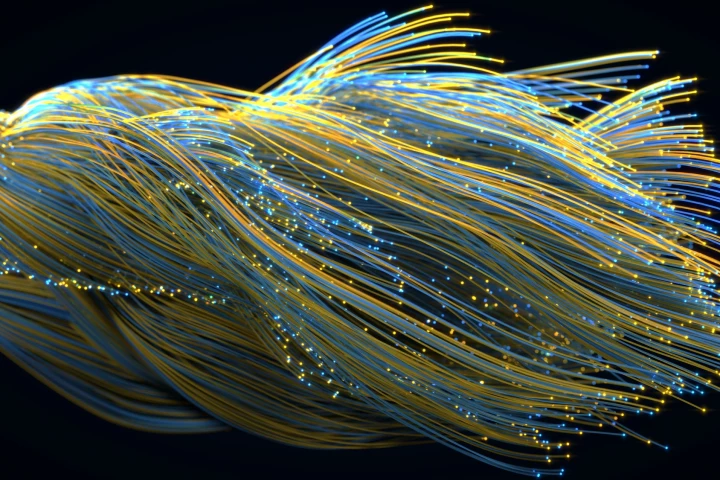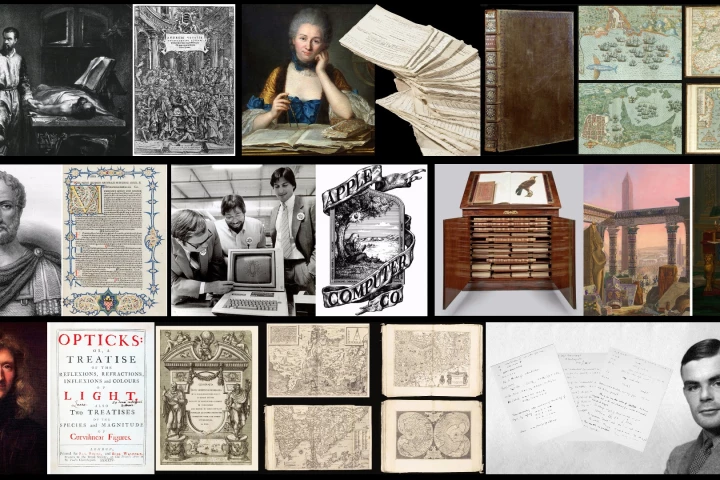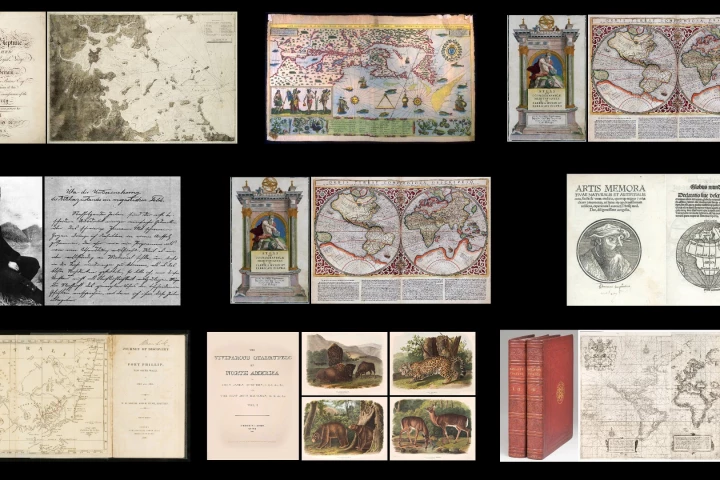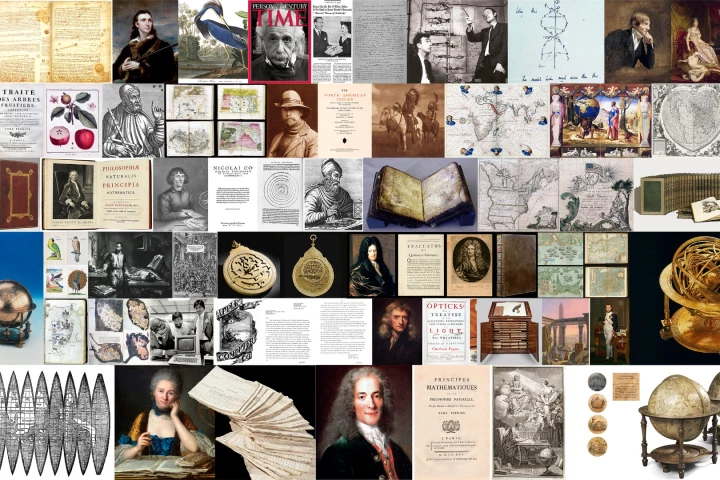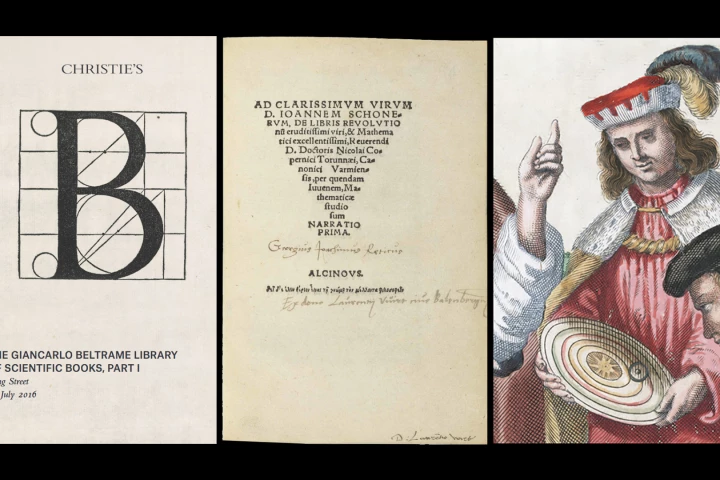Scientists
-
Recent prices paid for the business cards of Steve Jobs, Elon Musk and Jeff Bezos raise some fascinating questions about the long-term value of all business cards that have sold before... so what will an Albert Einstein business card fetch at auction?
-
The fastest internet network in the US just got a bit faster. The Energy Sciences Network has been upgraded to ESnet6, boasting a blistering bandwidth of 46 Terabits per second (Tbps). But don’t get too excited yet – it’s strictly scientists only.
-
Engineers at the University of Liverpool have developed a robot scientist that can autonomously perform experiments, analyze results and decide what to do next based on those results – and it’s already making new discoveries on its own
-
The top prize in an annual science photography competition run by the Engineering and Physical Sciences Research Council has been taken out by a remarkable image of a single atom. The competition received over 100 entries highlighting the breadth and beauty in the worlds of science and engineering.
-
Some of our closest invertebrate cousins, like this Acorn worm, have the ability to perfectly regenerate any part of their body that's cut off - including the head and nervous system. Humans have most of the same genes, so scientists are trying to work out whether human regeneration is possible too.
-
After a week of daily stories, our journey into scientific discovery viewed through the prices fetched by manuscripts on the auction block is complete. The 10 most expensive scientific documents ever sold at auction follows.
-
From the rare scribblings of Alan Turing through to the genius of Newton, Einstein and Émilie du Châtelet, we continue to navigate our way through the fascinating list of the 50 most valuable scientific documents of all-time.
-
This is the second of a six part series covering the most valuable scientific documents and manuscripts. This installment covers #50 to #41, beginning with Einstein's first scientific paper, which was written when he was 16-years of age.
-
A close look at the world's most valuable scientific documents and manuscripts illustrates both how far science has come in a relatively short time, and how little we value our legacy in monetary terms.
-
A work of considerable scientific gravitas will auction on July 13, 2016, in London when the first printed book to propose that the Earth revolved around the Sun, De Libris Revolutionum Eruditissimi Viridoctoris, goes under the auctioneer's hammer.
-
A group of scientists is building a robot to scratch beneath the surface of Lake Yellowstone in an effort to better understand the ecosystem of microbes thriving underwater.
-
US scientists propose that artificially introducing aerosols to the atmosphere will brighten clouds and increase reflectivity which could help defend the Earth from global warming.
Load More

